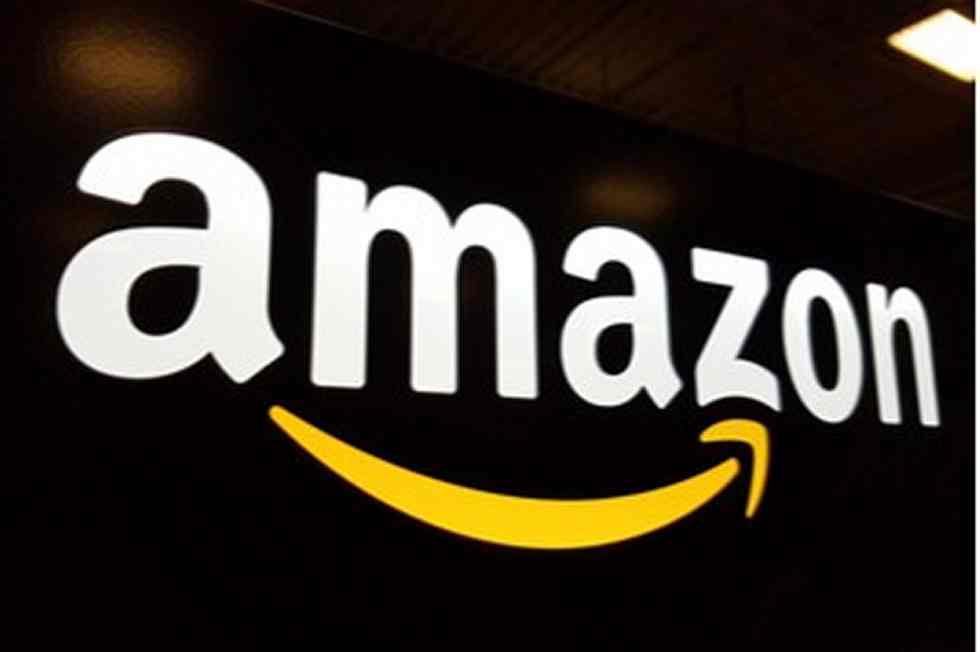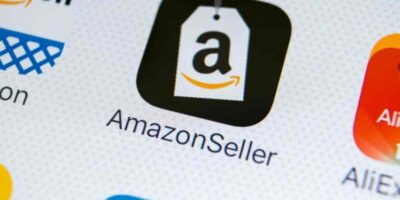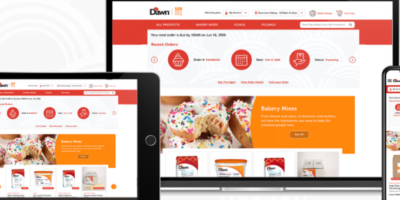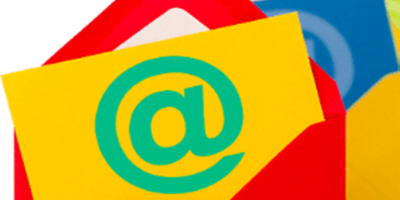
I’ve heard quite a bit in current months concerning the affect that COVID-19 has had on shoppers’ digital appetites. Nevertheless, the pandemic is having a equally profound affect on B2B commerce, which I haven’t heard practically as a lot about. That is regardless of the very fact the net B2B market within the US was value greater than $6.6 trillion globally final yr and is predicted to develop at practically 19% from 2021 to 2028 as patrons more and more migrate on-line.
By creating their very own composable commerce capabilities, B2B sellers can step out of the large tech shadows and ship the experiences clients crave.
Boris Lokschin, CEO
Spryker Programs
As they do, they’re demanding extra B2C-like experiences. In conversations with my B2B shoppers, I inform them that this represents each a possibility and threat. The important thing to tapping the previous and sidestepping the latter is to keep away from turning into an invisible cog in a market machine run by a tech big like Amazon, Google or Fb. By creating their very own composable commerce capabilities, B2B sellers can step out of the large tech shadows and ship the experiences clients crave.
How B2B has modified
It hasn’t taken lengthy for purchaser expectations to shift. I do know my very own expectations have grown even additional within the final 18 months as I conduct much more exercise on-line. A part of the shift is right down to broader tendencies. As we speak, 73% of millennials are concerned in B2B buying selections, in accordance with Forrester. The digital natives like me have come of age, and we’re demanding extra seamless on-line methods to work together along with your firm. This shift has additionally been given an almighty shove by the pandemic. In keeping with McKinsey, solely round 20% of patrons desire a return to in-person gross sales as soon as the disaster is over. B2B leaders are responding by shifting key processes to distant interactions with salespeople and digital self-service.
Most significantly, practically three-quarters (73%) of patrons now anticipate a B2C-type expertise, in accordance with IDC. What does this imply in observe? It means friction-free ordering and intensive product catalogs with graphic content material and product comparisons. It means integration with company procurement and ERP, and different options designed to easy out B2B complexity. And it means help for brand spanking new enterprise fashions, like marketplaces that includes third-party merchandise and direct-to-consumer engagement. IDC reckons that COVID-19 accelerated the adoption of those digital commerce capabilities by three years. There’s no going again now.
Don’t be a cog
{The marketplace} alternative is especially vital and is a dialog that rising numbers of my shoppers are open to having. If dealt with proper it may open the door to enterprise development on a complete new stage. However it’s additionally riddled with threat. First the chance. Analysis exhibits that 40% of B2B patrons from the US, UK and Australia intend to buy on Amazon Enterprise sooner or later and an identical quantity say they usually use {the marketplace} as a “place to begin” for purchases. That would tempt B2B companies to seize a bit of the pie by increasing their presence on the platform. However the fact is that Amazon, and its large tech brethren like Google and Fb, are far too generic for specialised B2B gross sales. It additionally sidelines your model—turning your organization into little greater than a logistics participant for a world behemoth.
But patrons nonetheless like marketplaces. IDC claims 37% plan to make use of them extra and that, by 2024, over half of all B2B commerce income will probably be transacted there. In actual fact, it gives loads of positives for sellers in addition to patrons—another income stream and alternative to construct relationships direct with clients. Marketplaces additionally provide extra geographic attain and require much less capital expenditure for suppliers. For patrons there’s higher product assortment, simpler shopping, aggressive pricing and higher product transparency. And funds, fulfilment and customer support are all extra streamlined. Ignoring purchaser demand for on-line marketplaces subsequently isn’t an possibility. However neither is turning into a passive bit-part participant in another person’s operation. So, what do you do?
For those who construct it, they’ll come
The reply is to create your personal commerce hub or B2B market. Take international electronics distributor Sourceability, which created a Sourcengine.com market that now options greater than half a billion merchandise masking virtually all the international digital parts market. It constructed a user-friendly on-line platform that connects international patrons with hundreds of retailers, together with Sourceability itself. In so doing, the agency has modified the market with modern capabilities resembling permitting clients to order parts in batches, and schedule supply months or years later. It additionally empowers patrons to seamlessly re-sell any surplus inventory.
It achieved this shift by taking a composable commerce strategy that has “best-of-breed” at its coronary heart. First coined by Gartner, composable commerce is the concept organizations ought to be capable of choose and select the packaged parts they should construct a compelling digital enterprise—mixing, matching and integrating seamlessly from completely different distributors to create an impressive expertise for patrons. It’s a fast-track to elevated scalability, accelerated time-to-value and lowered complete value of possession. In Sourceability’s case, this helped the agency to knit collectively core performance resembling intuitive search and filtering, lightning-fast information processing, streamlined administration of payments of supplies (BOM), and enhanced automation.
I do know that not each B2B vendor could have the ambition to turn into the Amazon of their respective business section. However the instance nonetheless stands. My recommendation to B2B sellers is to suppose large. You don’t wish to be an invisible a part of another person’s market. Go on the market and personal your future with composable commerce.
Boris Lokschin is the CEO of Spryker Programs, a supplier of ecommerce know-how.
Favourite



















